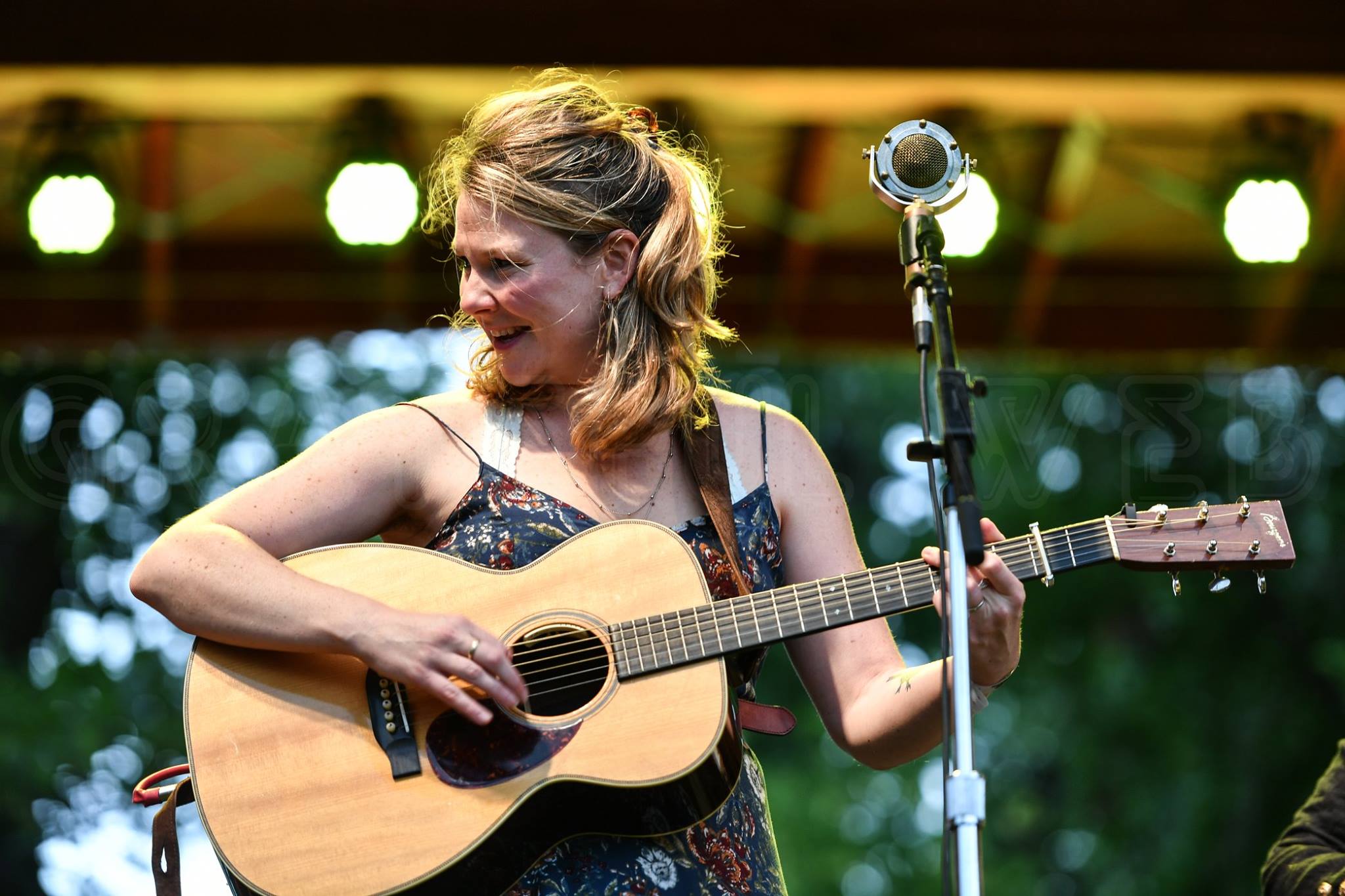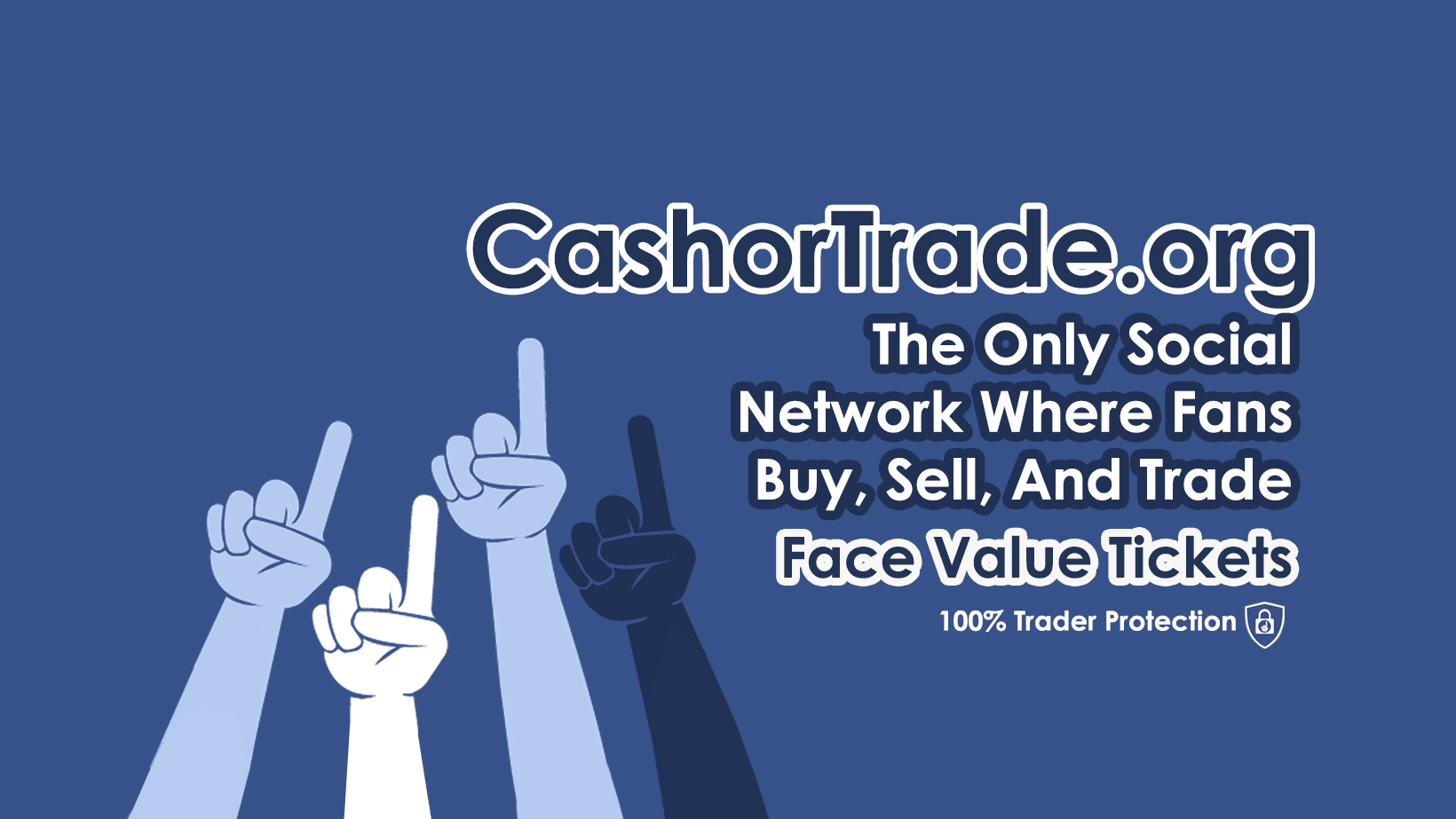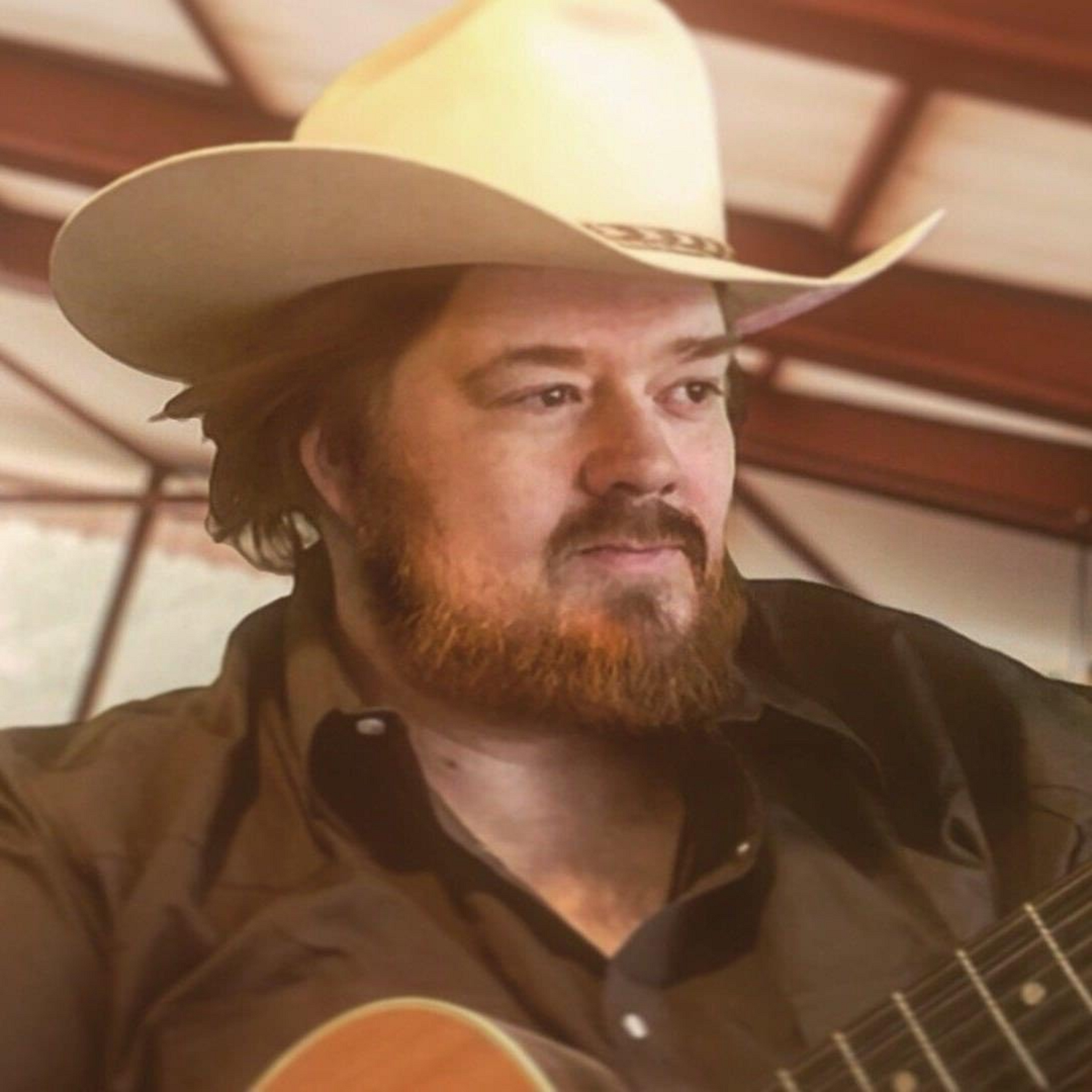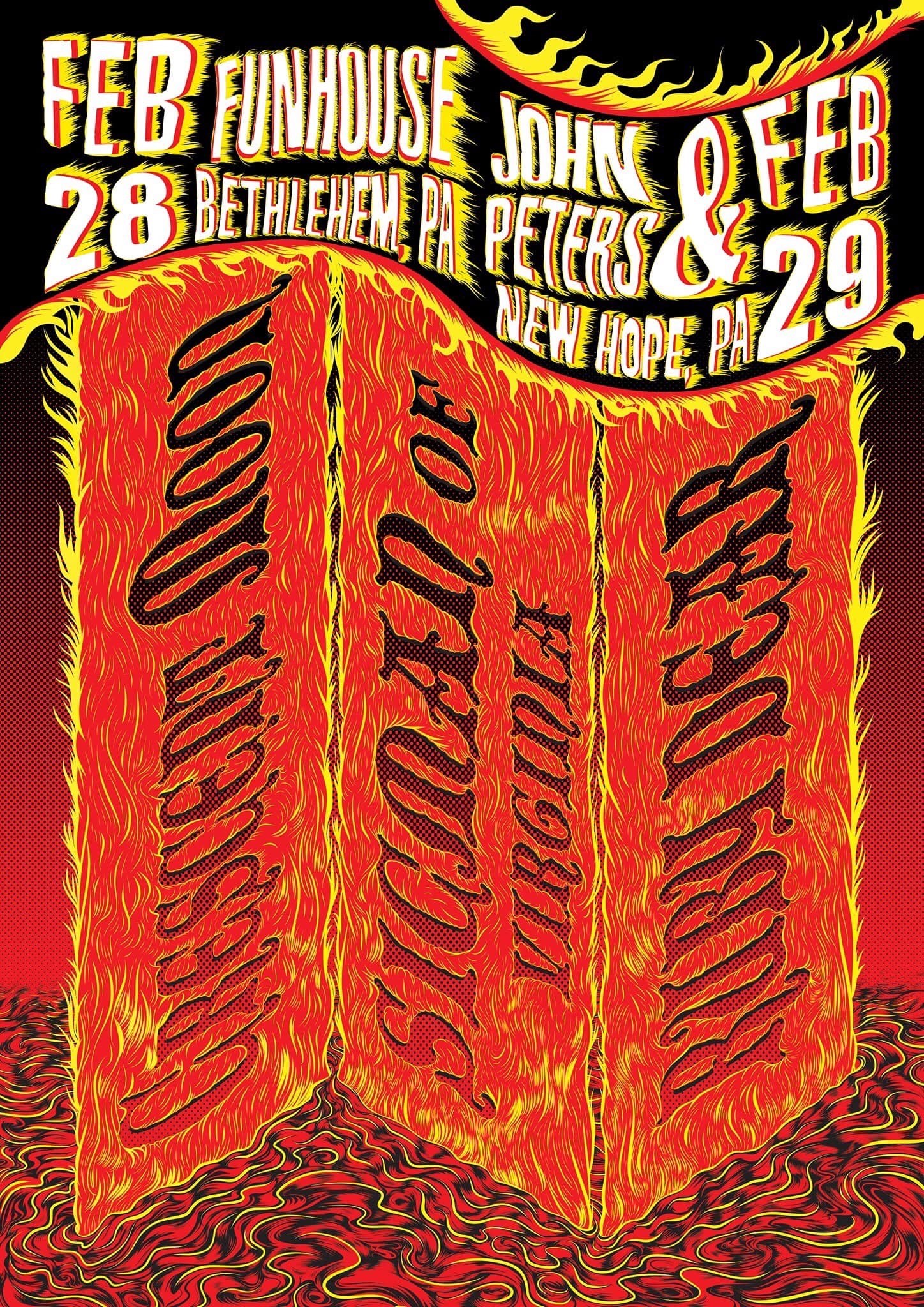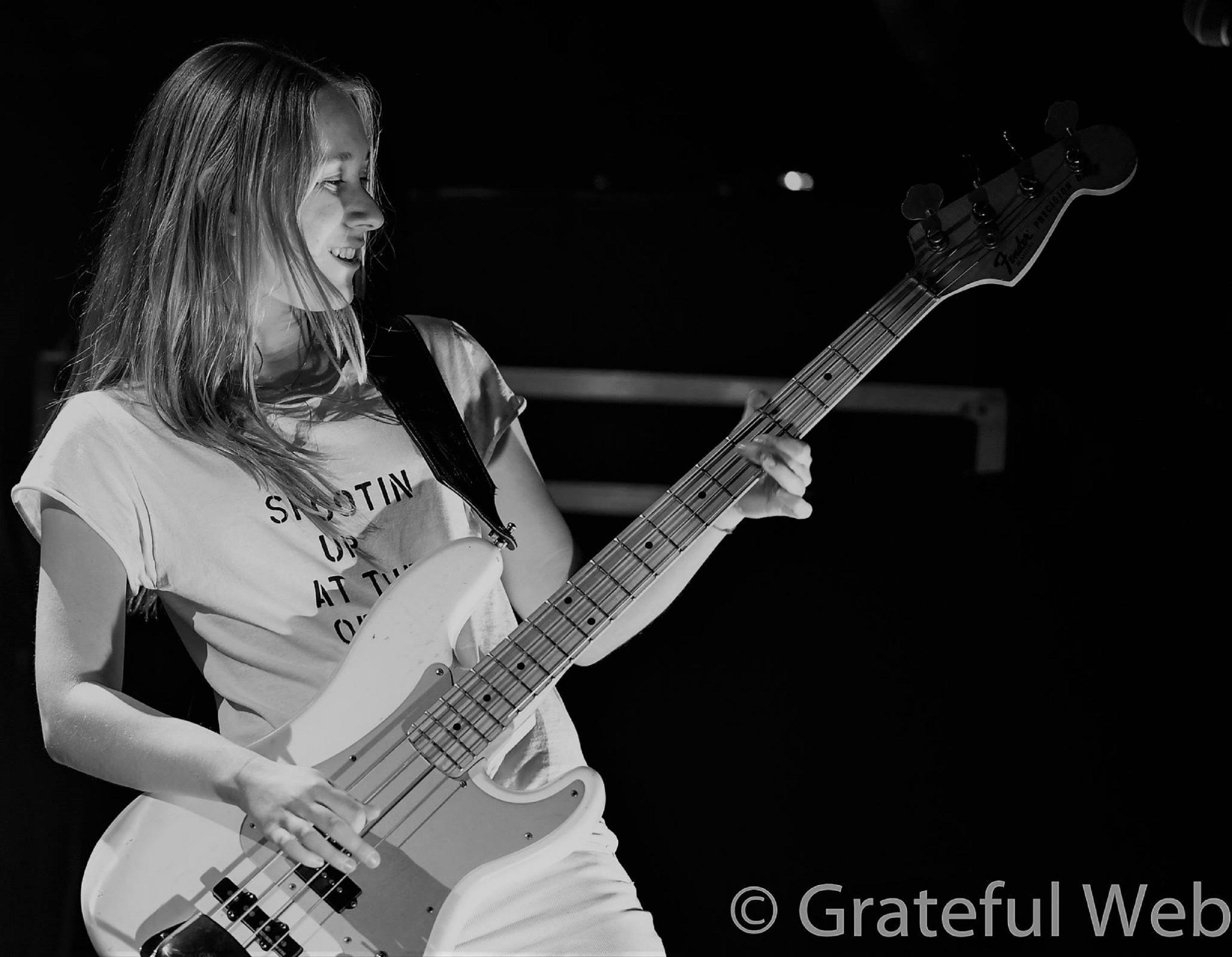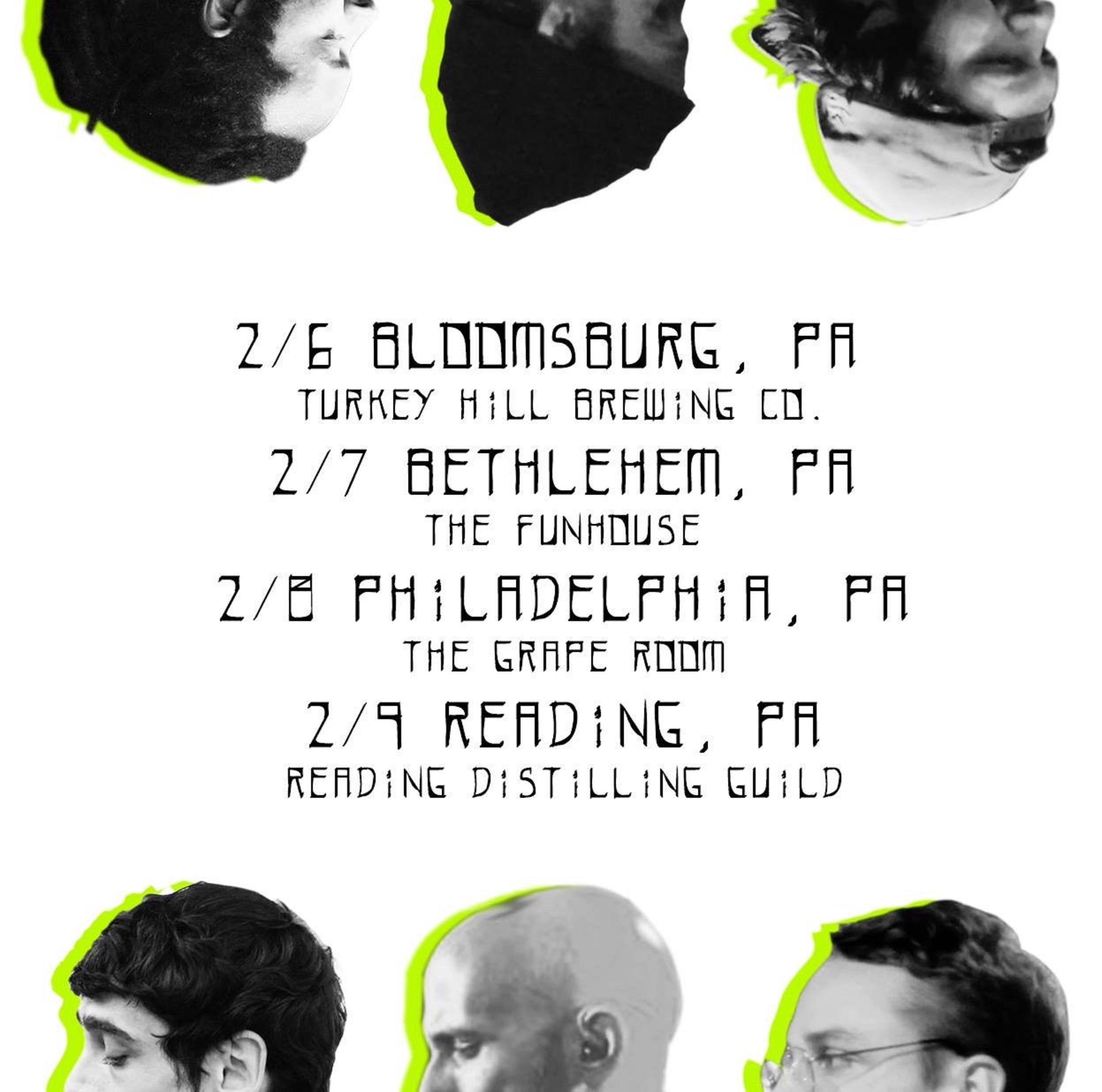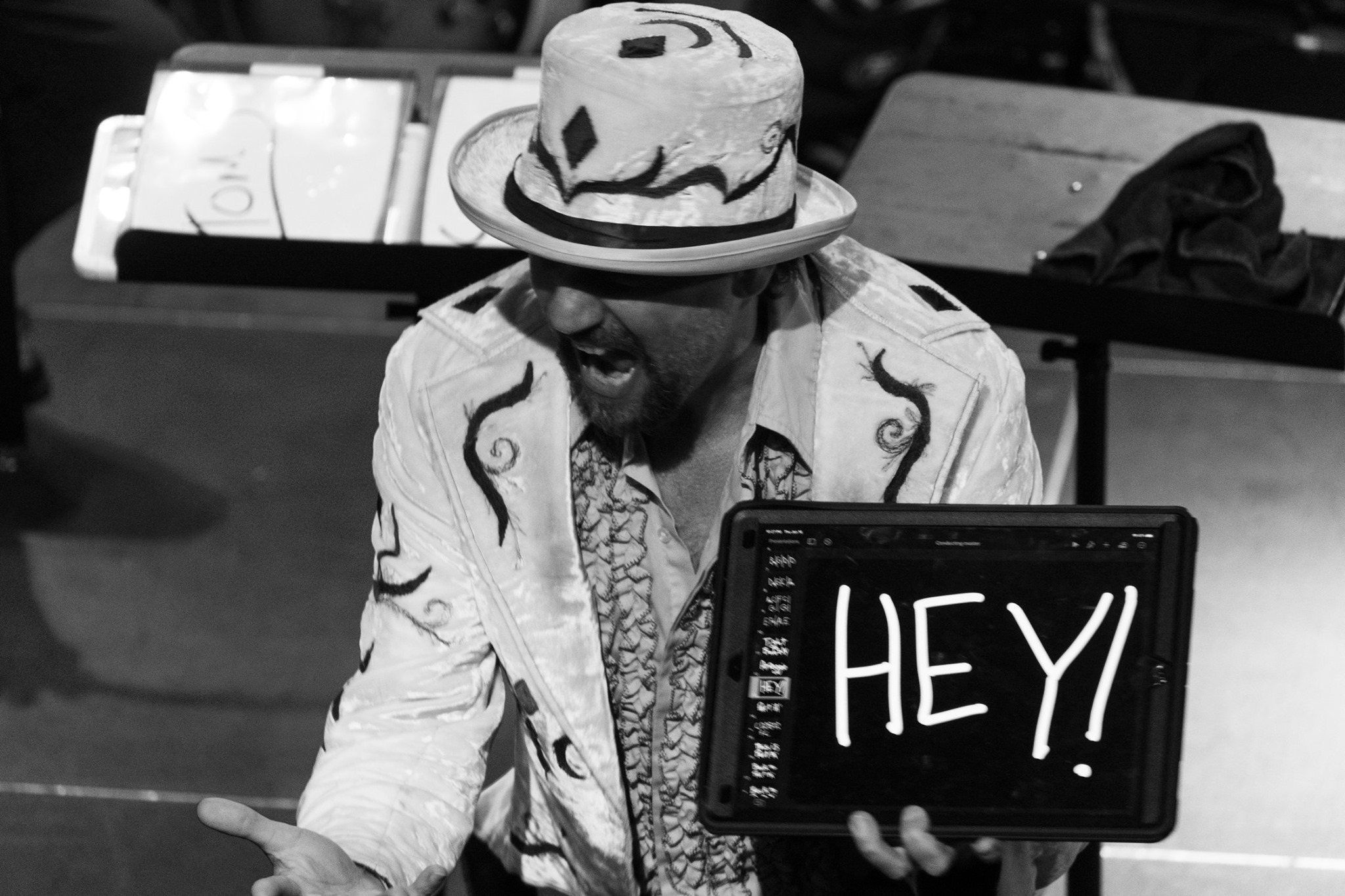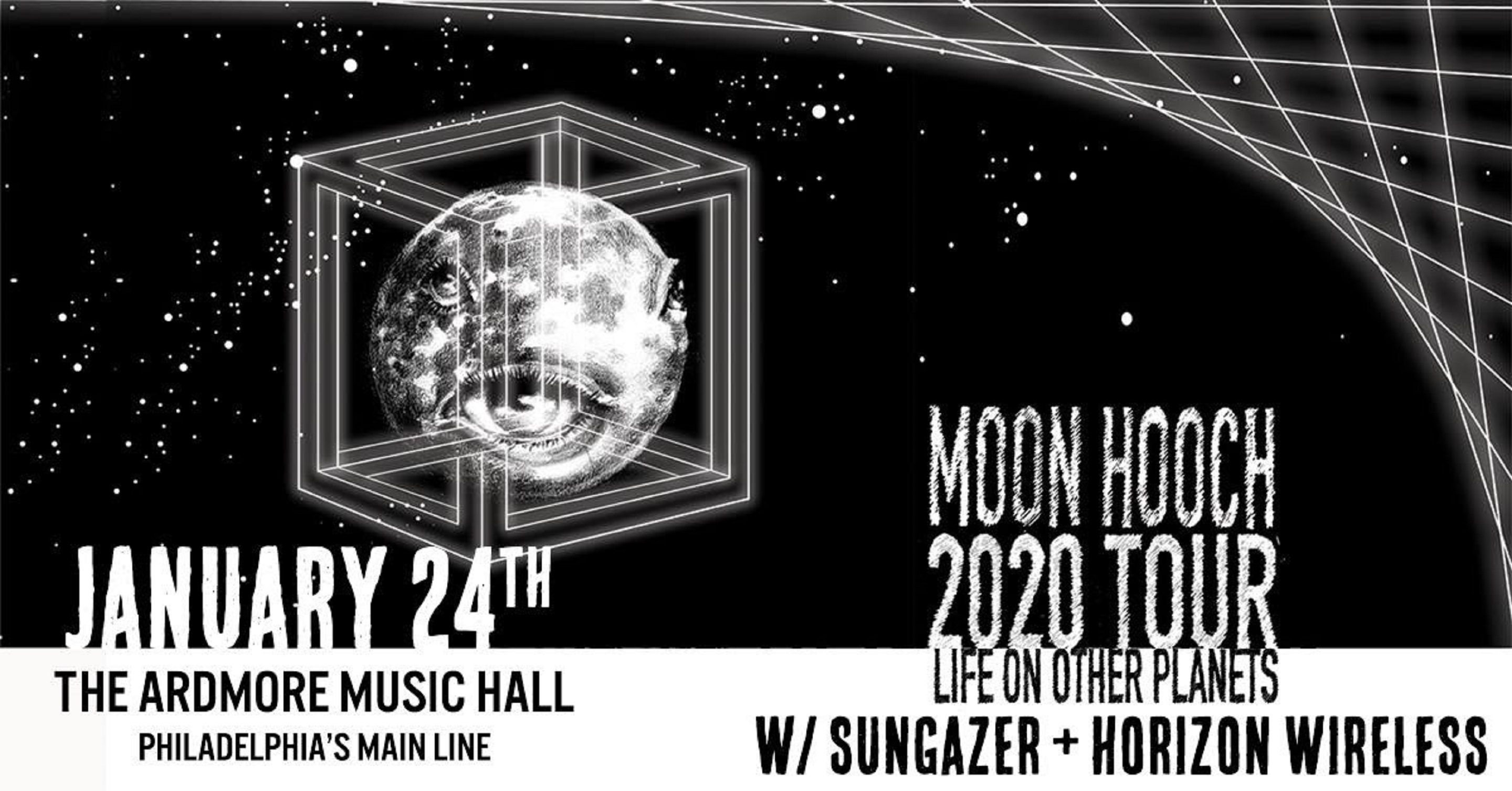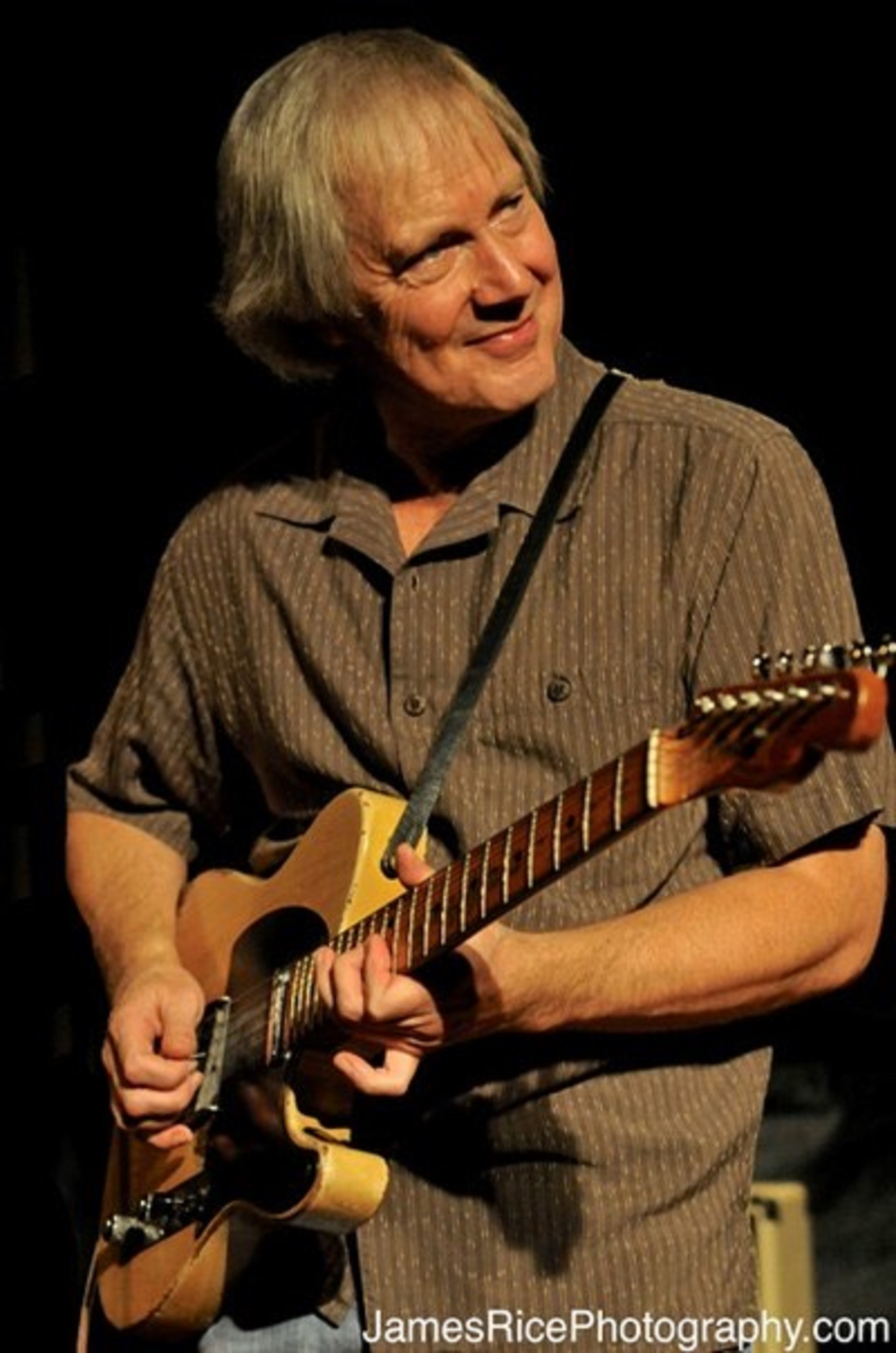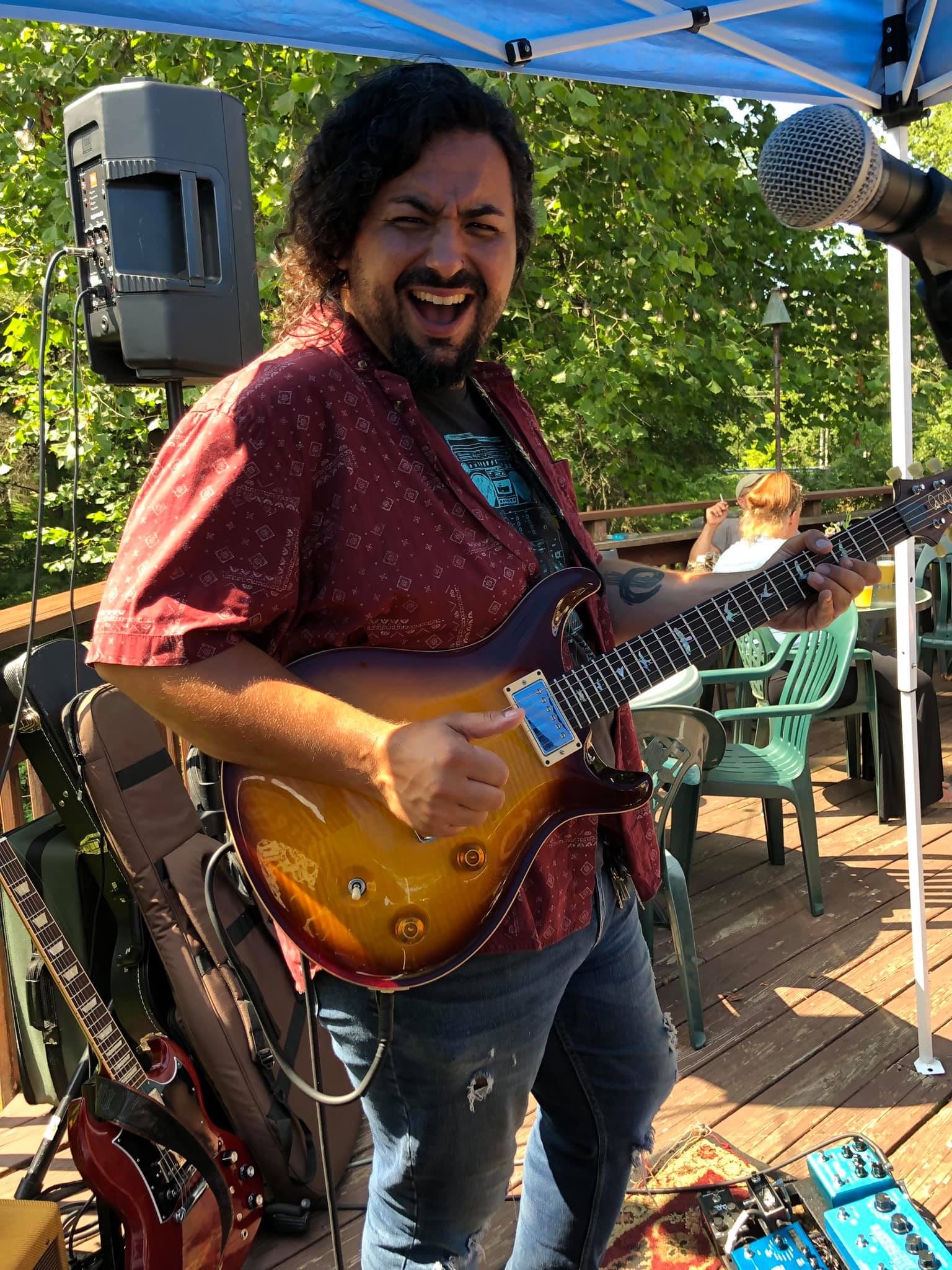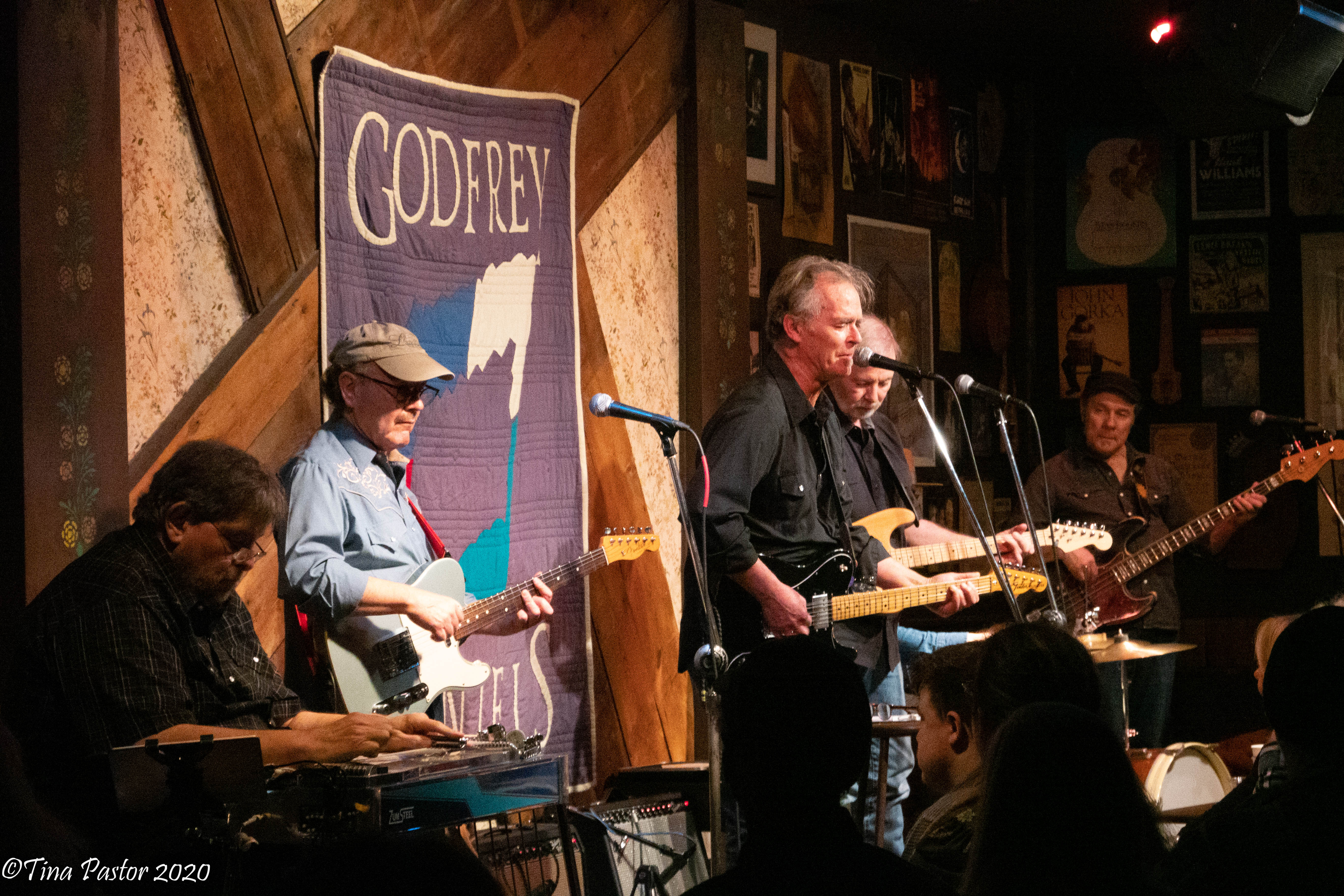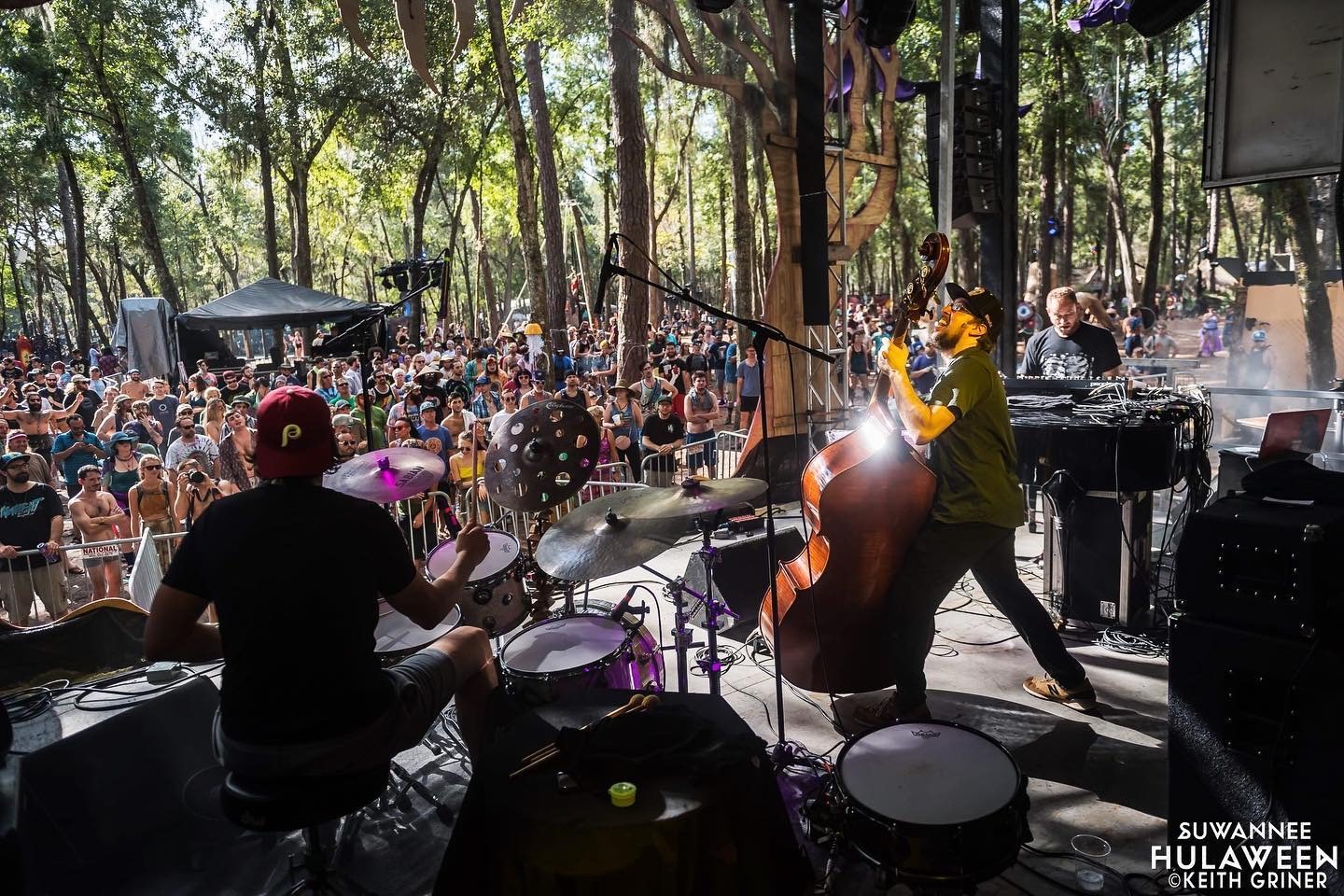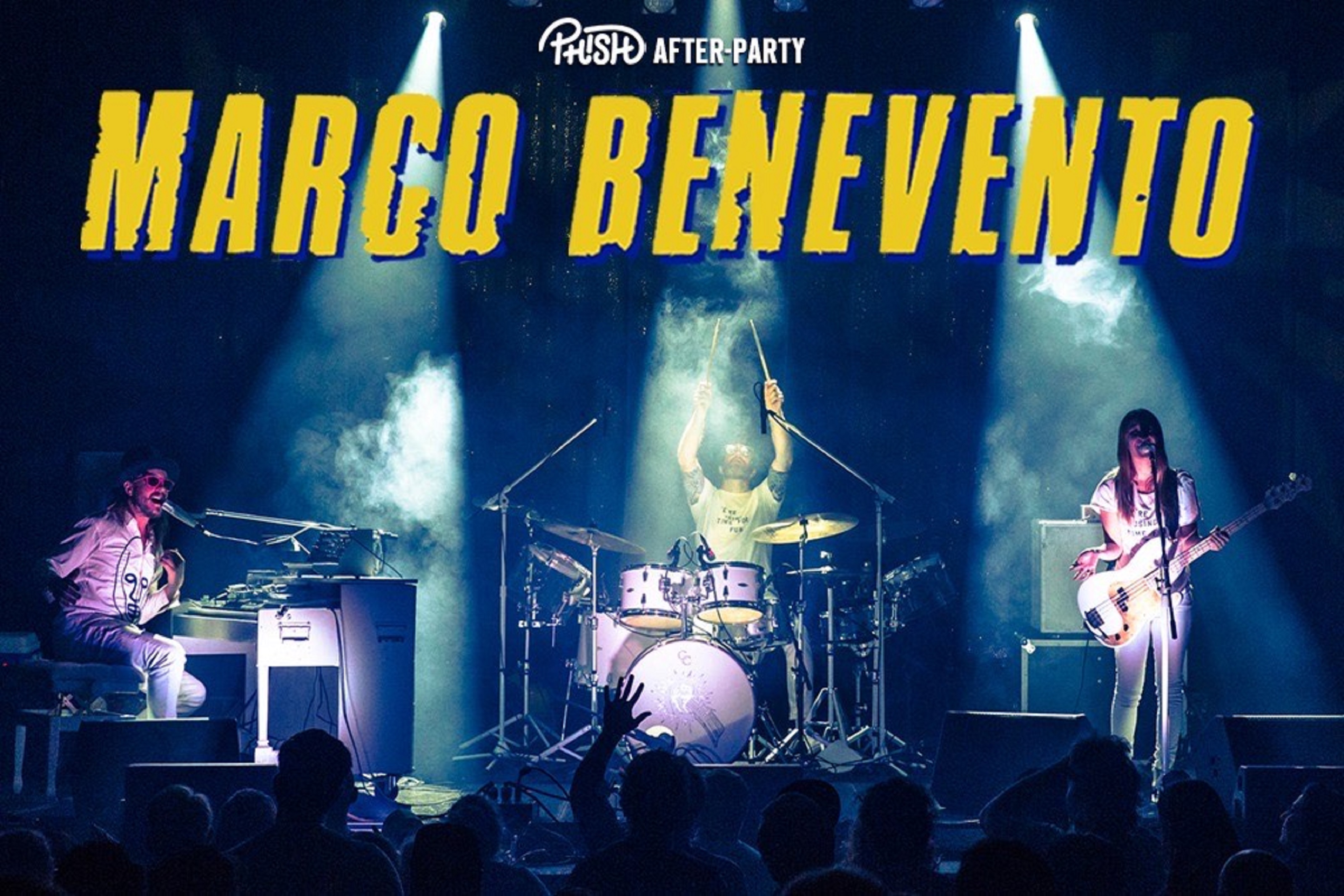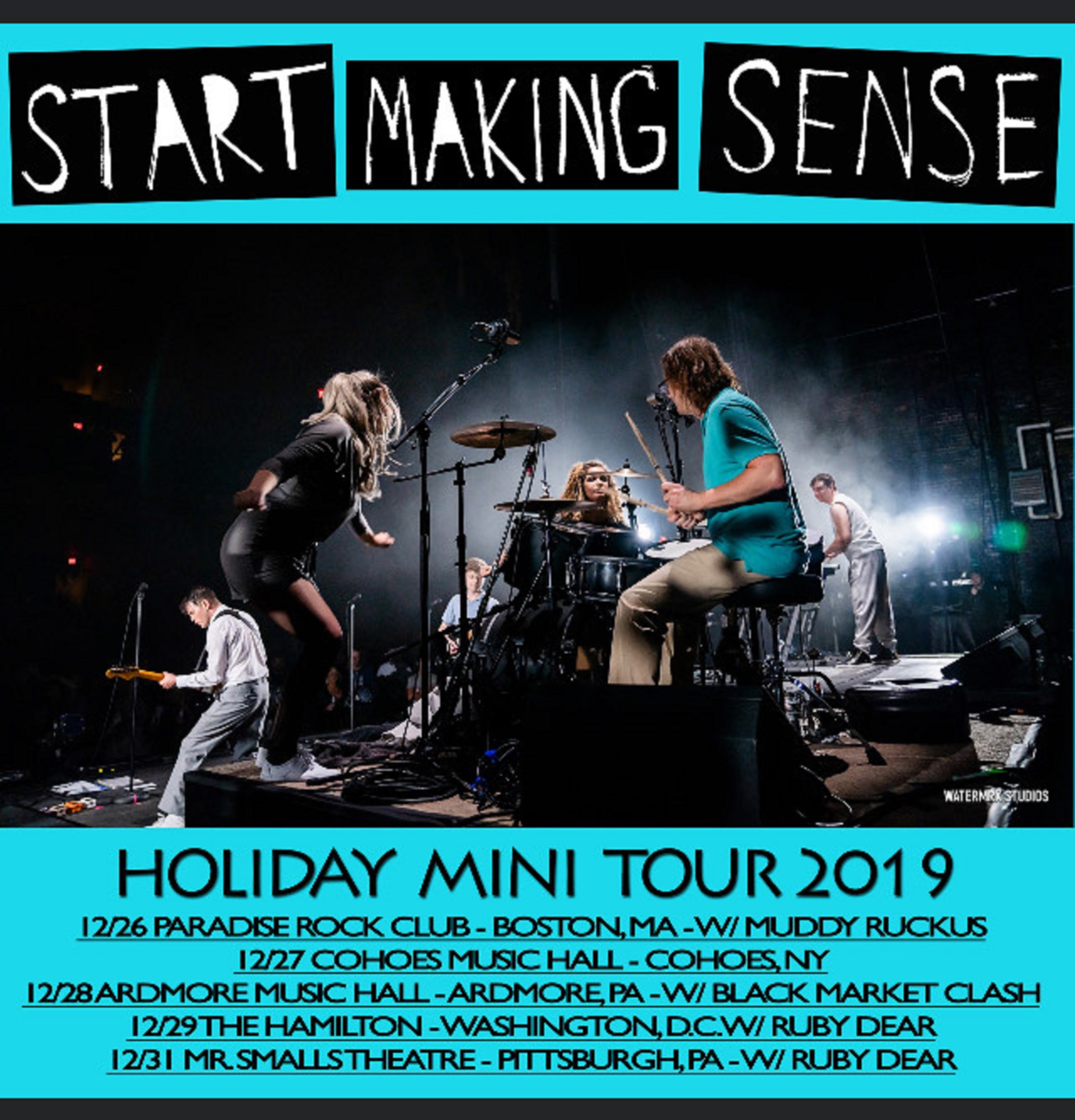Celia Woodsmith has been creating music as a solo artist, a duo and with her bluegrass band, Della Mae. The Grammy-nominated singer/songwriter has a knack for adventure and bringing a song to life for audiences to enjoy across the globe. Grateful Web had the opportunity to catch up with Celia and hear some of her experiences over the years.
Celia Woodsmith: It’s great to talk to some in the music business and who loves music. I miss it a lot. It’s comfort.
GW: Musicians that were gearing up for the spring and summer festivals it's a bummer, to say the least. It’s the uncertainty of what's going to happen and when things will go back to normal so to speak.
CW: That's like a whole nother thing. We have rebooked all of our stuff for the fall but is that even going to happen. There was a time when we just had all come home. We flew out to Asheville, North Carolina for a weekend of shows on March 12. I’m still surprised that we flew out to do it. We realized that evening that everything was going down. Our anchor date pulled on us that weekend and we decided to fly home the next day. I still thought we were able to do festivals in April. How wrong I was. Everything has just collapsed and I’m not even sure if I’ll be working in the Fall. It’s been a lot of anguish seeing all of those shows dry up. Even if the government says “Yeah sure! You can go out!” Are people even want to go to shows? Are they going to want to stand next to other people in masks? We could be in it for the long haul.
GW: It’s an interesting time. It could be a few months or it could be a year or two where everybody is feeling back to normal and enjoy something like music together and not feel uneasy. Which is very strange to me but it’s a sense of community. Before diving into music were there any careers that you wanted to venture into.
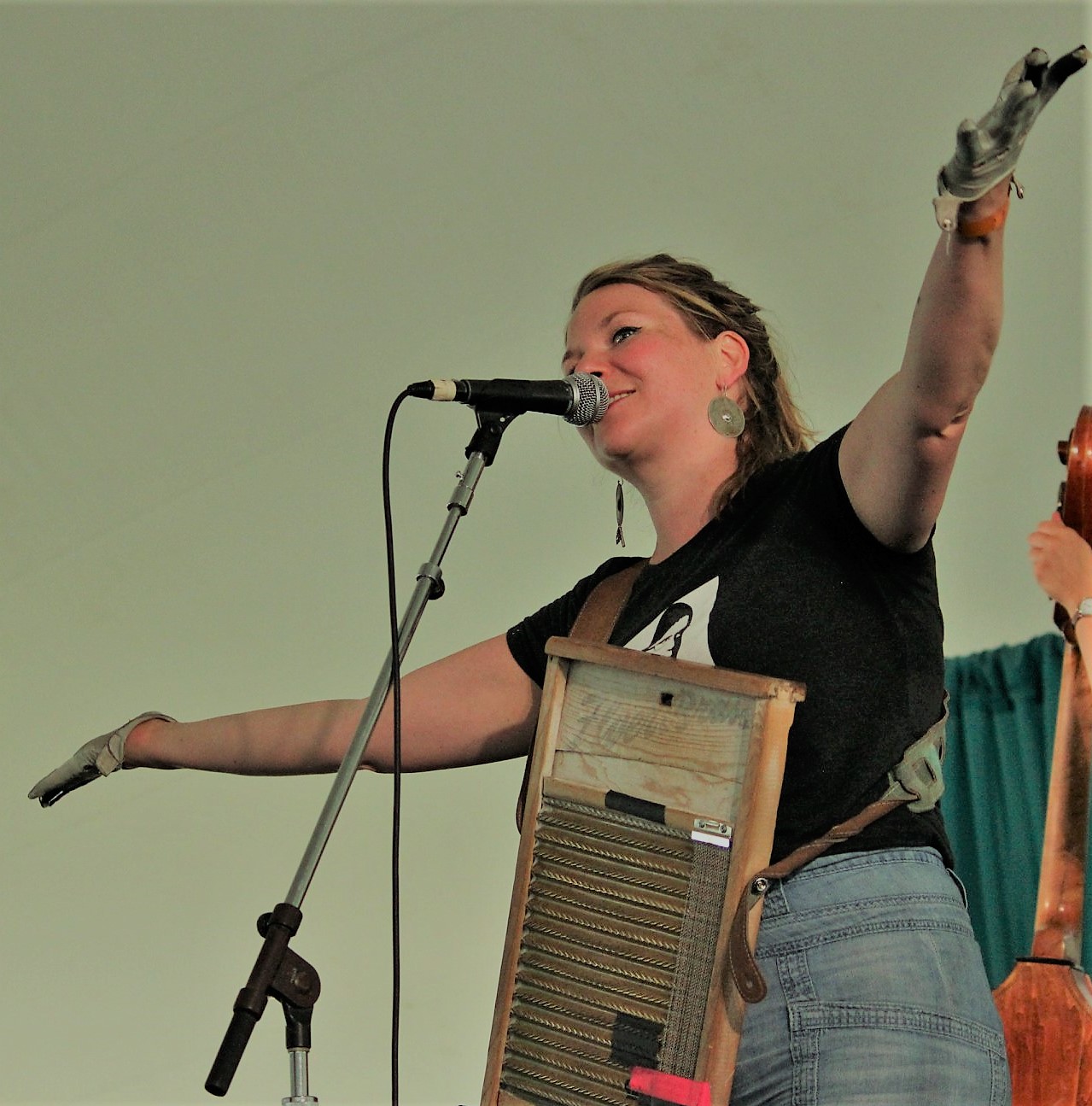
CW: I had no idea what I wanted to do actually. I came from Norwich, Vermont, and Hanover, New Hampshire. I went to The University Of Vermont. I was undecided when I first got into college and then I chose the easiest major, which is anthropology. I really only chose that because it sounded interesting to me and I didn’t give much of a thought to what I would do after college. So it was really my musical partner in college who convinced me to move to Boston and become a musician. If he hadn’t done that I’d probably gone into the Peace Corps. I would have done something along those lines. I thought for a long time I wanted to be a farmer. I also thought I’d work for a small non-profit, NGO, something with women’s rights. It turns out it was not an easy path to becoming a musician full time. There were definitely a lot of bumps along the way. I almost quit several times, actually did quit one time, and fate intervened. Now I can’t imagine taking the path that I did, there was a time that I would live in Vermont, and live close to the Earth, live a simpler life.
GW: Your Mom was a poet. Did her knowledge and skill enhance your writing ability?
CW: She gave me the courage to say that I was going to become a musician. Fortunately, she didn’t do the stereotypical parent thing when I said I was going to move to Boston to pursue music. She didn’t tell me that was a crazy idea. I’m sure she thought about it. She never told me “no”. I really appreciated that because her Dad did tell her “no”. Her Dad told her “What are you crazy? You want me to become a writer! You need to make money.” She became a nurse, obviously, she kept writing and she’s published pretty widely. She took his advice and persuaded a different type of career sort of full time. I’m very grateful that my mother never told me to smarten up and become a teacher or a nurse or something different.
GW: Parents want you to have stability and sometimes the music world isn’t stable like we are experiencing right now.
CW: I would say most of the time it isn’t stable unless you’re a violinist in the BSO and you get a salary. My whole life I’ve struggled to make just a small amount of money but at the time, I think musicians are uniquely prepared for a catastrophe like this. We have to hustle our whole lives and we’ve had to sort of becoming different things, all of sudden you couldn’t sell CDs anymore, you find a different way to make a living and push forward in the music industry. Even though this pandemic has taken all of our options away, I feel musicians will be fine and we’ll find a way to flourish. It’s kind of difficult to figure out how to hustle when you can’t interact with people, you can’t even busk now. That was kind of a fun thing to figure out.
GW: I feel like musicians right now have been staying at home and doing streams just to get a few dollars in their wallet. Going from playing a few nights a week to staying at home and trying to figure out what the next step is.
CW: That’s been a weird one. I feel like all the musicians have had to figure out some technologies that they may not have been familiar with before. I appreciate that I am growing my knowledge, but I would really like to be doing what I do best, and that is performing in front of live audiences. You really have to go to a special place in your brain to give a performance, at least a good performance on a live stream because you end the song, but then there is nothing. You know people are applauding on the other end of the stream but it’s a lot different than seeing them enjoying it in person.
GW: What have you reflected on during the times that we are living in?
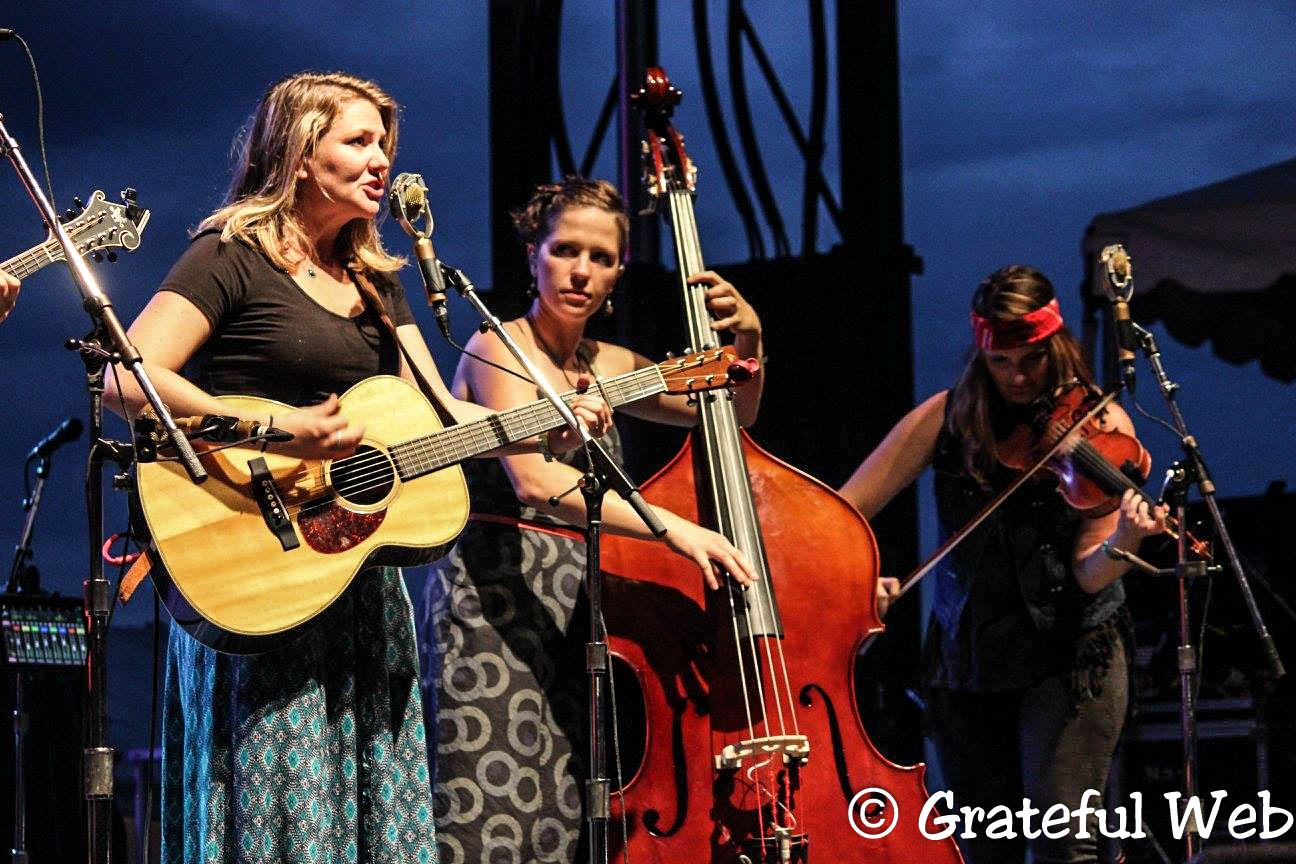
CW: “I feel like all of us are reflecting right now. You have more time than you’ve ever had before because I’m not an essential worker. My husband is essential so he’s been working this whole time. You have a lot of time to sit and reflect, think about your place in the world. I’ve been thinking a lot about the places that I’ve traveled and the shows that I’ve played that have meant the most to me. We’ve done a lot of work with the US State Department doing cultural diplomacy trips. Those have been the most important trips of my lifetime and in my career. Being able to connect with people of all different cultures and parts of the world. I never would have met these people had we just stuck to touring Europe and The United States. You get this unique perspective on what parts of touring and musician life you miss the most. I certainly don’t miss traveling. There are moments that I love being in the car zipping across the United States, looking out the window but the plane travels, the buses, the vans, I don’t miss that part at all. I miss my tour friends. There are all of these bands that you end up being at the same festivals with, and it’s like a mini-reunion every time you see them. I miss those people quite a bit. I miss that connection, there are moments that really move you when you’re performing. I’ve cried on stage, I’ve seen people crying in the audience. When you really feel moved. When you really feel a connection, I doubt I could ever get to that place in front of a computer. This crisis has boiled down my job to what I miss and what I connect with the most. It’s the special moments during where you feel like everything is ok. For a brief moment.
GW: Four years ago you decided to take a quick break from Della Mae. You did a bike ride with your husband from Switzerland to Albania. How did it help you creatively write your first solo album and in your life?
CW: I always think that pauses are good for creativity. I’m not the type of person who writes every day. I don’t even write in a journal every day. I know that does help people. I’m not a strict writer because every moment I’m living and breathing is informing my writing. I take these moments and these conversations and experiences into my brain. I feel like it’s like polishing rocks. You put these things in your brain and they bounce around for a while and then you come out with something new. I did have a guitar at that time, and my husband brought his mandolin and we strapped them to the back of his bike. Which turns out is a really good way to meet people. Most people don’t think musical tourists are going to have their instruments on the back of their bikes. It was fun we could play for the people that we stayed with or we would put on little concerts here or there. We did a lot of wild camping, so we would be camping in the woods and we’d take out the instruments, pick when we weren’t too tired. They were long days, you were biking fifty miles, there’s a lot of monotony in that but there is a lot of creative potentials. I’m kind of looking at this moment in the same way, where you have all this time at home where you’re bored. Boredom can really spark these weird moments of creative energy. All of sudden you’re like, ah I can’t take this any more, maybe you do something that you haven’t done in a long time. You’re pedaling all day, you have little phrases and little melodies and you trust that they’ll come back to you in your subconscious. I did have some of the songs written before the bike trip but a lot of them did come afterward. I was just trying to figure out who I was artistically and who I was as a person. We are ever-changing. The bike trip gave me a moment of pause that I could collect memories and experiences again to have them come out a month later. It was nice to travel to my power. You spend all this time on buses and airplanes, you’re going so fast. On a bicycle, you’re going pretty slow. You get to know the smells on the side of the road and see people’s backyards. You get to see smaller towns instead of big cities. It kind of gives you a different perspective on movement and travel. That was one big thing I got out of it as well.
GW: You’ve been a driving force in music for seventeen years. Are there any “is this really happening moments” that you have had?
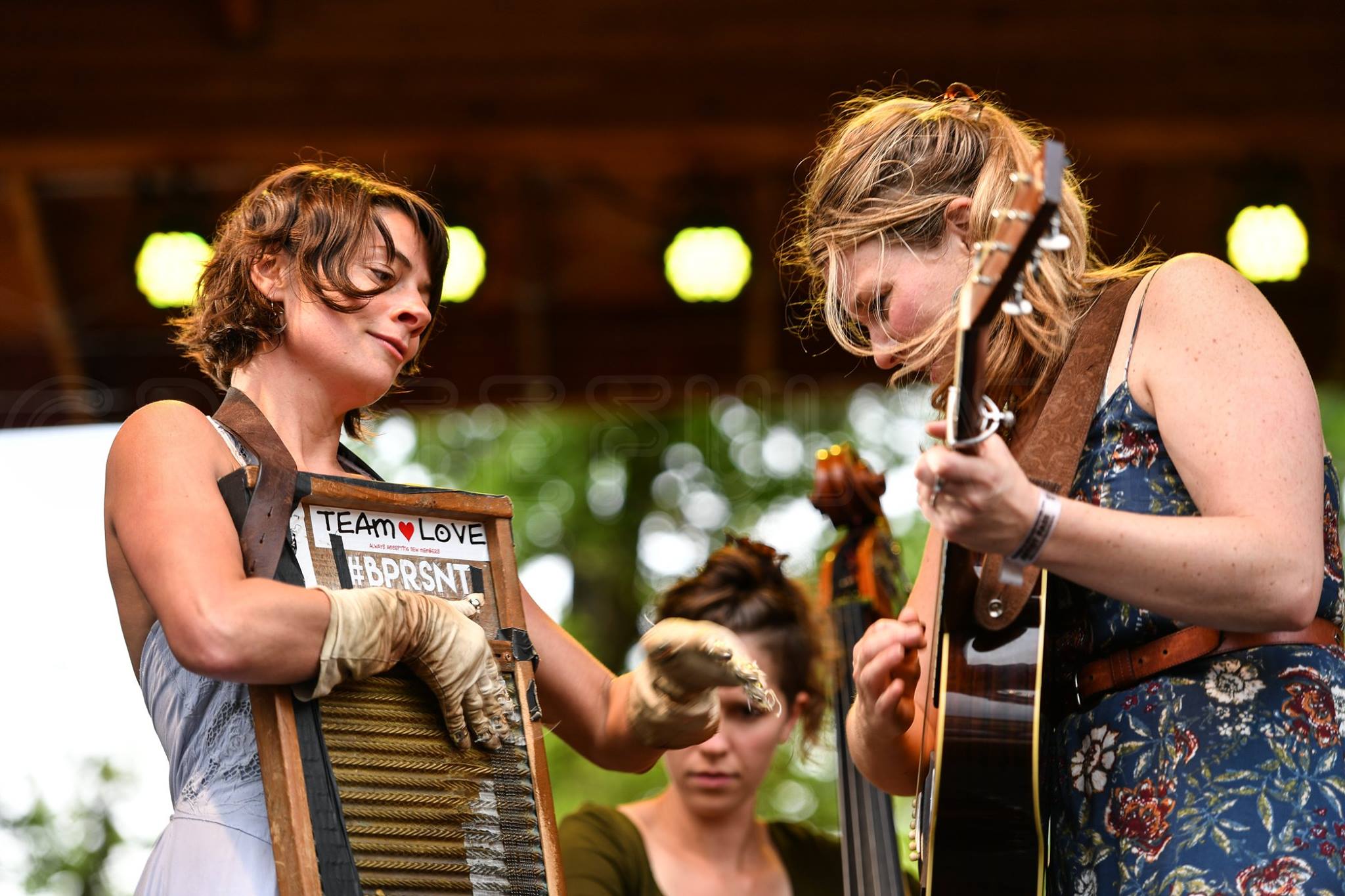
CW: Actually I’ve had a bunch of those the past year. Recently in Boston, at the place that we started out about ten years ago. I had one of those moments on stage where you’re singing the song and you can hear the audience singing the song along with you. So I stopped singing and let them sing the chorus. To me, that was like “This many people know this song, how to sing it and what’s coming next. More those little moments than the big moment, when you realize you are moving people. They’re kind of reflecting all of this work back at you. I also have had a bunch of moments this past year, I wrote a song about sexual abuse, I have had more people than I can count actually crying in my arms. It’s a surreal thing, I don’t know if I really asked to be sort of this sponge, almost like a therapist for people but I feel honored to bear witness to some of these very emotional moments that people have. Grateful that they chose me to let some of these emotions out with. I have held crying people, and I don’t know what makes them so available to cry to a stranger but I am humbled that a song I wrote could get this emotion out of people. That has been really moving to me in this past year. I don’t know what “making it” is in this business anymore. Maybe when I was younger I may have thought I knew what making it was. That makes me feel like I made it.
GW: Any advice for budding musicians that want to make a career out of music?
CW: Yes! I have a lot of advice! I told myself when I moved to Boston when I was younger if I didn’t quote on quote “made it” in five years I’d do a different direction and career. First of all, making it in five years is total fantasy. When you become a musician, this is a lifelong thing that you are striving towards. You’re striving to get better every day, making new connections, changing managers, making a new album. This is constant growth and the people who quote on quote make it musically quick like, they had money and connections, they had things that 98% never had or never will have. You need to work your ass off. There is no getting around it. You need to always be getting better and growing. More than anything I’ve always said the audience has a real good “bull$hit meter”. What I mean when I say that is they can tell when you’re faking it and tell when you’re “phoning it in” and trying to be someone else. Say you have an artist and you want to be like them. Then you’re not being you. That’s the most important part of being an artist, you bring what YOU bring to the table that no else can bring, that’s your uniqueness and you need to cultivate that. If you don’t then you’re just another artist that’s trying to be like Bob Dylan. We don’t need more of those people. We already have Bob Dylan. Thank god. We need someone to try to write like they write and not try to copy the way somebody else does it. So finding what makes you unique, special, and interesting, really believing in that and not trying to sound like the last great artist. The next great artist is out there and they are totally unique. You need to just be yourself, the audience will vibe and resonate with that. They will believe when you’re performing your songs. If an audience doesn’t believe you, they’re not going to come back again and again. At least that’s my opinion.





